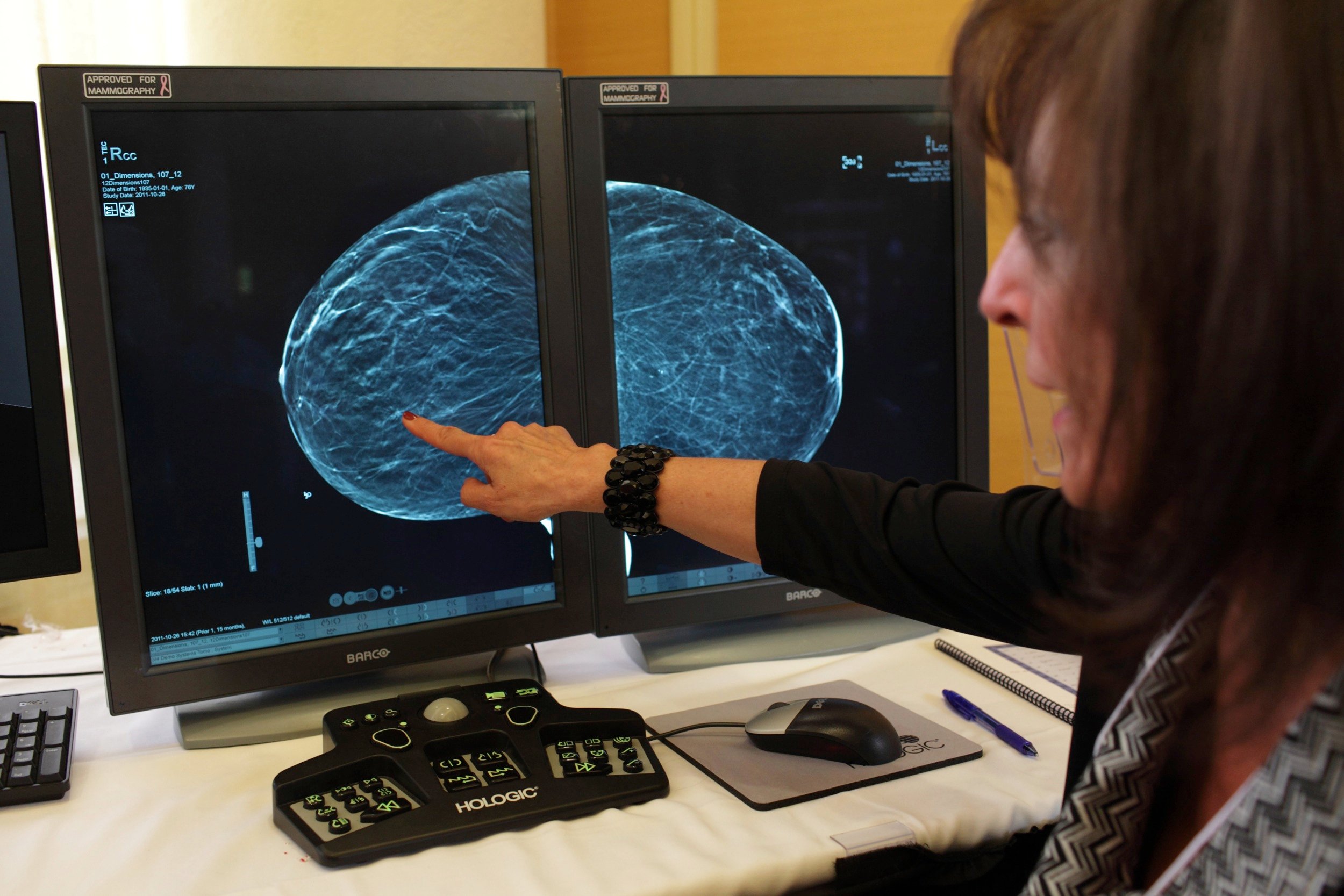
January 26, 2018 — The U.S. Food and Drug Administration (FDA) published a new Insight Article detailing the oversight process for the inspectors of the Mammography Quality Standards Act (MQSA) program who assess mammography facilities. As outlined in the June 6, 2016 Insights article, "Mammography Quality Standards Act (MQSA) Inspectors: What It Takes to Join this Dedicated Cadre," the agency noted candidates complete rigorous training in order to become MQSA-qualified inspectors. The expectations continue to be high even after the training courses have been completed, according to the FDA. Inspectors must complete a mentorship program, maintain continuing education and experience, and undergo annual real-time inspection audits by seasoned FDA inspectors.
The new article explains that a newly trained MQSA inspector must complete a structured mentorship program before independently performing MQSA inspections. This mentorship is planned and implemented primarily by state MQSA programs who contract with FDA, but can also sometimes include FDA participation. The goal of performing mentored inspections, according to the agency, is to help the new inspector successfully implement the knowledge gained by the training in an actual breast imaging facility inspection setting. The FDA said mentorship program feedback indicates that this experience not only benefits new inspectors, but is also beneficial to the mentors and their state programs.
MQSA inspectors must complete 15 Mammography Continuing Education Units every 36 months, perform 24 MQSA inspections every 24 months, and be audited annually by an FDA MQSA auditor. FDA auditors are nominated based on their high levels of expertise and experience, and chosen by the FDA’s Radiological Health Representatives (RHR) and the Division of Mammography Quality Standards (DMQS). The RHRs are MQSA program experts who work closely with DMQS on compliance and inspection issues, help conduct new inspector training, as well as conduct training about MQSA at professional society meetings. The RHRs are also responsible for conducting the annual audits of FDA, and sometimes state MQSA inspectors, as well as the reviews of state inspector audits.
The new article explains that MQSA inspectors are audited each federal fiscal year by an approved FDA MQSA auditor. Each MQSA auditor is responsible for auditing approximately 15 MQSA-certified inspectors per year. In addition to evaluating MQSA inspectors onsite during a facility inspection, the audit is an ongoing process throughout the year. MQSA auditors are required to review their assigned inspector’s inspection reports on a routine basis, and are the first point of contact for inspectors who have any questions or issues related to MQSA inspections. The auditors also sometimes serve as MQSA compliance officers for the FDA. According to the agency, mammography facilities are required to send a plan, and documentation as appropriate, for corrective action in response to any inspection citations issued during an inspection to the FDA. The response procedure is outlined in the document titled “Important Information about Your Mammography Quality Standards Act (MQSA) Inspection”, which inspectors provide to a facility representative at the close of the inspection.
The FDA said that most inspections are violation free, with no citations being issued. As highlighted in the Oct. 4, 2017 Insights article, "Good News for Public Health: Most Mammography Facilities are in Full Compliance with MQSA Regulations," “over 87 percent of mammography facilities have no violations of the MQSA, and of those with violations, less than 1 percent have a serious violation”.
According to the Insights article, DMQS is aware there may be situations in which a facility has questions related to an inspection citation or other inspectional issue. Facilities with questions should contact the inspector to address any questions or concerns. Inspectors should also provide contact information for their state program supervisors if requested. If further assistance is needed, facilities can contact the FDA employee identified on their inspection close out documents. As a backup to these primary contacts, facility questions and concerns can also be addressed to the MQSA Hotline at 800-838-7715 or by e-mail at [email protected].
The MQSA established facility inspections as a mechanism to ensure that facilities comply with regulations designed to help them provide quality mammography. MQSA inspectors are a highly specialized and dedicated group of individuals who complete rigorous training, maintain continuing education and experience requirements, and undergo ongoing audits of their work. The FDA said it is vital that facilities and their inspectors partner together to realize the public health goal of the MQSA — quality mammography across the nation in order to detect breast cancer in its early, most treatable stages.
This article was provided by the FDA.
For more information: www.fda.gov


 February 18, 2026
February 18, 2026 









